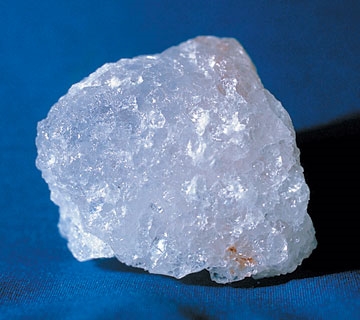What made politics such an all consuming thing? There almost seems to be a sort of messianic mania that seizes many people every four years or so. But it's a serious distortion of life to see everything as reducible to politics. This strikes me as a sort of sickness, and I've seen it in Mr. Obama, when he's inclined to turn every occasion, whether it's related to foreign diplomacy or a domestic news-event, as an opportunity to campaign.
I'm not sure this is a result of a statist mentality, but it could be related -- the view that the state is of all-consuming importance. But clearly there are other important things in life, from baseball games, or taking the wife out on a date, to the salvation of one's soul. The Catholic principle of subsidiarity somewhat speaks to this, if only obliquely -- that there are other spheres of life besides the state where decisions can and should be made, and in fact can be made more effectively.
The same sort of manic obsession with politics can take hold of our minds also in the ecclesial sphere. Hanging on every word uttered during an in-flight interview by Pope Francis, or by a gay CDF agent who exploited the upcoming synod as an opportunity to "come out" and have his day in the lime light, or what the "shadow synod" is planning by way of sabotaging or hijacking the synod ... All these sorts of "news" are fodder for the media mills to be spun this way or that by excited newsmakers and interpreted by various supporters and critics of this side or that.
This is not to say that politics, whether secular or ecclesial, are not important. Events and decisions that can have momentous import for our lives unfold in that sphere. Yet these a regular quotidian diet of news about such politics can also serve as a distraction from other still-more important things in our lives.
Life goes on. Marriages, families, schools, church, work -- all these go on. And they're important too. In fact, in some ways they are more important. Think about those of the previous generation, parents or grandparents, and others -- friends and loved ones -- who have passed from this world to their eternal reward. What was it about their lives that was most ultimately most important? Was it really all that important who was president or pope during their lives? Wasn't it more important how they lived, how they treated their families, friends, and enemies, how courageous and dependable they were in the performance of their duties, simply and without fuss? Wasn't it more important whether they were morally upright, forgiving, merciful and just than who they had as a senator or bishop? Wasn't the most important thing of all the question whether they managed to make what Catholics call "a good death" and not being caught dead in a state of mortal sin?
What is our purpose here? Why did God place us here on earth? He created us because He loves us and wants us to spend eternity with Him in the fellowship of the Holy Trinity. But that requires seeing this life, not as an end-in-itself where the one who dies with the most toys wins, but as a probationary phase, a testing period in which we have the opportunity to cooperate with God's grace and have our say in where we hope to spend eternity.
This doesn't mean that we must always go around being solemn about everything. Far from it. St. Philip Neri was never solemn. But he was serious. Even when he used turned the cardinal's cap that was given to him into a football to kick around with some kids. But it means, as C.S. Lewis once wrote, "that our merriment must be of that kind (and it is, in fact, the merriest kind) which exists between people who have, from the outset, taken each other seriously—no flippancy, no superiority, no presumption. And our charity must be a real and costly love, with deep feeling for the sins in spite of which we love the sinner—no mere tolerance or indulgence which parodies love as flippancy parodies merriment. Next to the Blessed Sacrament itself, your neighbour is the holiest object presented to your senses. If he is your Christian neighbour he is holy in almost the same way, for in him also Christ vere latitat — the glorifier and the glorified, Glory Himself, is truly hidden." (The Weight of Glory, p. 9)
[As a footnote, let me add that I will continue posting articles about current events in the secular and religious political world; but I encourage all my readers to take these things, as I do, cum magno grano salis -- that is, with a large grain (or boulder) of salt!]


1 comment:
PB: Thanks for this needed reminder.
But the picture at the end reminded me of this piece, one that sort of frames the frustrations at hand.
Your picture shows minerals that are white; see this one showing a rock that is green.
http://www.getreligion.org/getreligion/2015/10/3/kryptonite-think-piece-john-l-allen-jr-on-vatican-signals-on-religious-liberty
It is disconcerting to keep running into the impression that for many of our own leaders too, "Traditional forms [or at least expressions] of religious faith [and morals] are now considered deadly. They are Kryptonite."
Post a Comment